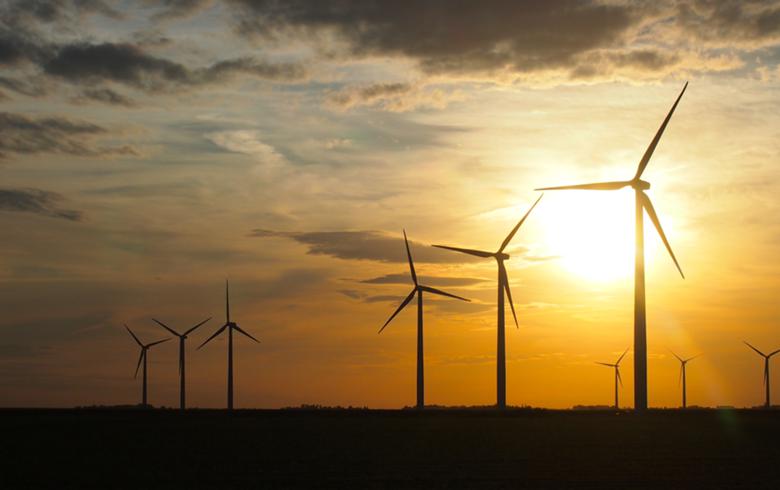A legislative solution (act) on the introduction of a principle the 10H was adopted in 2016. The 10H rule assumed a minimum offset distance between settlements and wind turbines of 10 times the height of the turbine. In practice 99.72 per cent of the country is excluded from building new onshore wind turbines.
Over the last two years, the Sejm, lower chamber of the parliament, has received five legislative drafts to solve this problem: from the Polish Coalition, the Poland 2050 and the Civic Coalition, the Senate and one prepared by the government. All of them are waiting in the so called “parliamentary freezer” (are not proceed by the decision of the Speaker) .
Interestingly, in 2006 the Law and Justice (PiS) encouraged people to invest in green energy. However, when the party won elections in 2015 it changed its position drastically. The PiS government has been a great ally and supporter of the coal industry, despite of the real environmental and economic needs. PiS politicians belived that more support for renewable means less support for miners. Investments in wind farms have been effectively blocked.
Recently Something Has Changed
At the World Economic Forum, President Andrzej Duda said that in Poland all opportunities should be taken advantage of, including renewable energy, building wind and solar farms.
A few days ago, Prime Minister Mateusz Morawiecki mentioned that the regulation in Poland is one of the most restrictive in the world and he wants to liberalize it for the benefit of the Polish economy. He said that he is a supporter of renewable energy sources.
Where Did This Change in Rhetoric Come From?
The change in the law blocking the development of onshore wind farms is one of the milestones on the way to disbursing EU funds from the National Reconstruction Plan.
On January 13, 2023 the legislation draft was sent to the first reading in the following parliamentary committees: the Committee on Energy, Climate and State Assets and the Committee on Local Government and Regional Policy.
However, the right wing coalition cannot reach an agreement about this legislation proposal. Solidarna Polska (United Poland), a hard-right junior coalition partner, strongly opposes onshore wind farms. The small party lead by justice minister Zbigniew Ziobro does everything to differentiate itself from PiS building support on the radical right corner of the political scene. Ziobro will not miss an opportunity to attack Mateusz Morawiecki, thus his people fight against windmills passionately.
We will see how the situation develops. We could see the potential of wind energy at the beginning of 2022, when strong winds generated a record amount of electricity. The onshore wind farms cover nearly one-third of the national electricity demand. This cannot be overrated in a country that so heavily depends on coal. Even more in the current situation of the full scale Russian invasion in Ukraine when prices of fossil fuels are extremely high. Onshore farms are not an environmentalists’ whim, they are a key component of Poland’s safety and security.
Continue exploring:
Can Poland Be the Next Country to Join Eurozone?
Money Over Rule of Law, or Further Attempts to Reform Judiciary System in Poland



